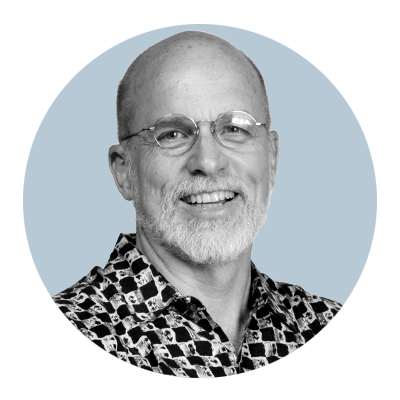A Placemaking Journal
Get Real or Get Rich: Lessons for an era of limited trust
It’s a great time to be really rich or really smart.
It’s never hurt, of course, to be able to tap into big bucks or big brains. It’s just that penalties for having access to neither are rising dramatically.
What got me to thinking in this direction was an exhaustive investigative report in last Sunday’s Washington Post. The headline: “Million-Dollar Wasteland: An ongoing investigation of how HUD has failed affordable housing.” In the Front Page days of journalism, this would fall under the category of “exposé.”
Charged with serving America’s affordable housing needs, the Department of Housing and Urban Development (HUD), “has largely looked the other way,” said the Post, while “nearly 700 projects awarded $400 million have been idling for years. . . The result is a trail of failed developments in every corner of the country.”
What followed was a region-by-region analysis of HUD’s shortcomings in project oversight, shortcomings that costs tax payers tens of millions of dollars and deprived the neediest people in our country of access to housing that could help them participate more fully in community life and economic opportunity.
The part of me trained in two decades of newspaper reporting recognized a heck of a piece of public service journalism. But the part invested over the last decade in arguing for equitable community development was bummed out.
I knew what would happen next: Reactions to the news would be divided into the two extreme political camps. Those on the right would see more evidence of the failure of government to do anything right and call for hacking away even more at HUD’s budget. Those on the left would see the failure of adequate oversight and call for more regulations. Either way, policy and program paralysis.
Sure enough, by Tuesday, Democrats and Republicans in Congress were calling for hearings and investigations. For politicians and interest groups with stakes in the next election, it’s win/win. For the rest of us, the risks of poverty and ignorance just went up.
The problem is not with the Post’s exposure of HUD’s problems with at least this limited portfolio of projects. The problem is our current political environment oversaturated with cynicism. We’re full up with distrust. And the higher the barrier of distrust, the tougher it is to ramp up efforts to organize effectively beyond family and tribal levels. I hit on this topic in a previous post about zoning as spiritual practice. And we’ll return to the trust topic soon, since it’s become a major part of the conversation in international development and finance.
The discussion has been building. The April, 2010 survey of attitudes from the Pew Research Center for the People & the Press predicted the angry mood of last fall’s election and the continuing cynicism of the electorate. It’s worth quoting directly from the Pew analysis from last year, especially when it comes to ways distrust is infecting citizen-government relations all the way down to the local level:
“Rising criticism about government’s personal impact is not limited to the federal government. Just 42% say their state government has a positive effect on their daily lives, down from 62% in October 1997. There is a similar pattern in opinions about the impact of local government – 51% now see the impact of their local government as positive, down from 64% in 1997.”
People who don’t trust government at any level won’t support policies that help communities and regions dig themselves out of the trouble they’re in, let alone embrace opportunities to improve life for families and businesses in the long haul. Ironically, strategies to provide a framework for opportunity on the community and regional levels are embedded in the most ambitious programs of the very federal agencies most distrusted and most under attack. There’s no better example of such programs than the Sustainable Communities Initiative, combining goals of HUD, the EPA and DOT.
To see how one regional recipient in that program, Greater Kansas City, has organized itself to take advantage of the opportunity, read today’s post by David Warm, executive director of the Mid-America Regional Council on the Citiwire blog.
It appears that Greater Kansas City, along with other SCI grant applicants, have done a pretty good job of setting themselves up to leverage limited federal dollars to do ambitious work on the level most likely to improve quality of life and economic opportunity for the most people in the shortest timeframe. That would be the regional level. That’s where smarts will pay off. But it ain’t easy. Warm’s rundown on what it’s taken to align the Kansas City region to take advantage of the SCI grant will intimidate most local and regional planners.
The alternative to ramping up to intelligent regional thinking is to have increasingly enormous resources at the level of organization that still enjoys trust. Unfortunately, as we can see by the Pew polls and other indicators, the boundaries of trust are contracting dangerously.
For most of human existence and in most of the world now, control of the assets necessary for a high quality of life and economic opportunity have been in the hands of the rich and powerful. Those folks haven’t had much trouble achieving organizational effectiveness with like-minded partners or with influencing government to protect their assets and assure continued opportunities. It’s the rest of us who are enthralled with myths of individualism and disabled by distrust.
So the best advice is to get better fast at scaling up networks of trust. Or get rich. Really, really rich.
–Ben Brown







